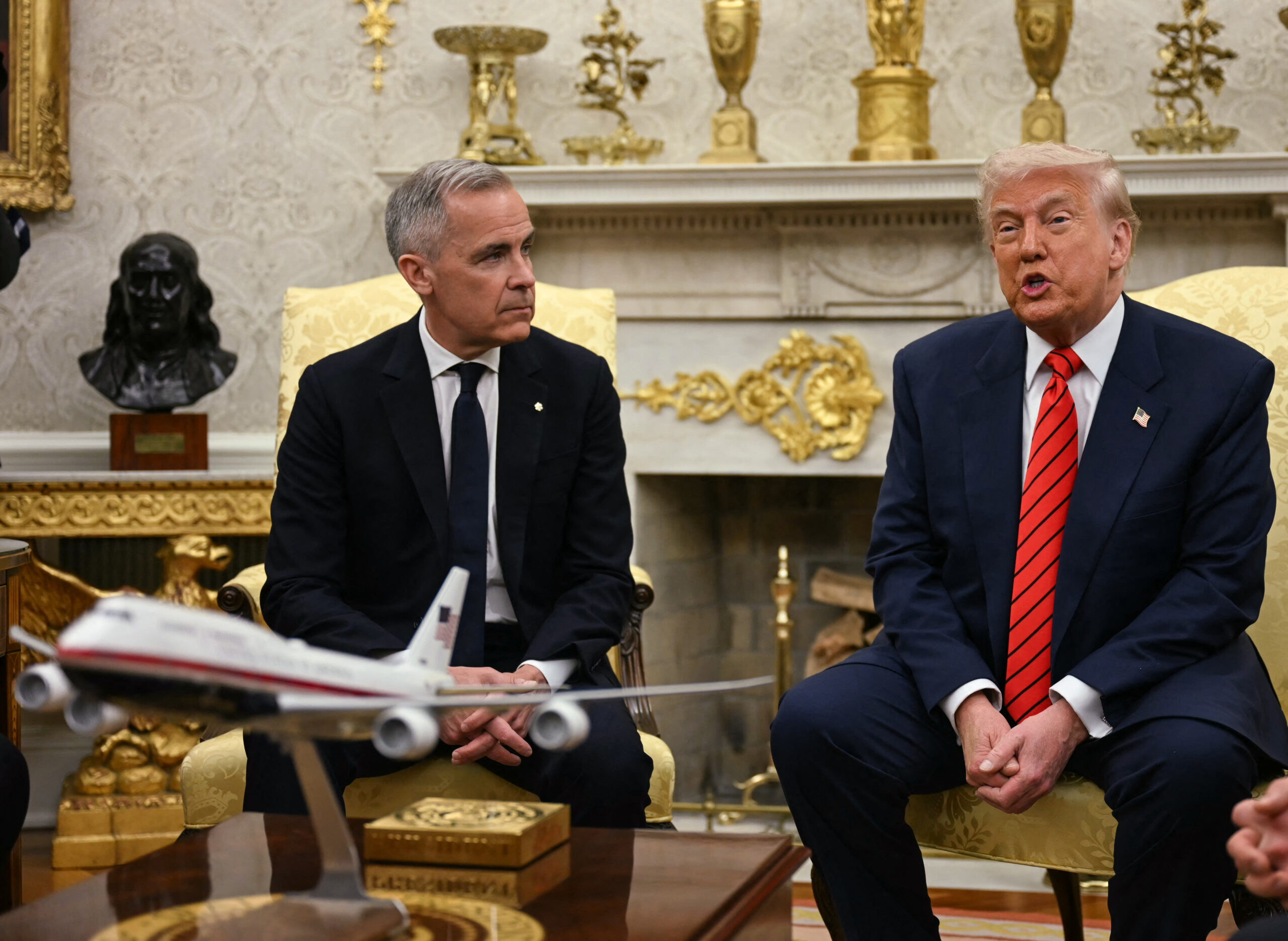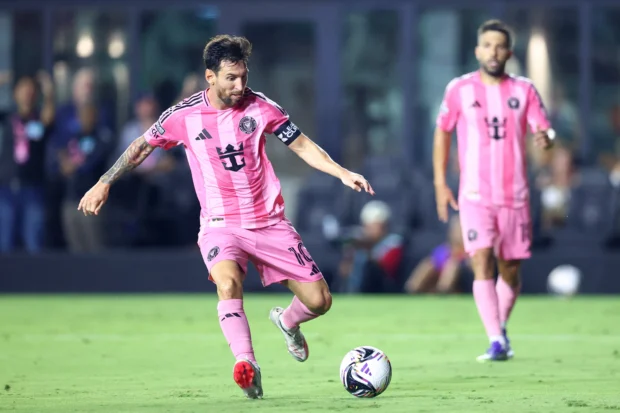
The escalating Israel-Iran conflict will significantly dominate the upcoming Group of Seven leaders’ summit due to escalation risks and uncertainty surrounding United States policy under President Donald Trump, according to experts.
The G7 gathering of seven advanced economies is scheduled for June 15-17 in Kananaskis, Alberta. Canada, holding the current G7 presidency, is hosting this year’s summit. The Middle East crisis has already shifted focus from what was expected to showcase Canadian Prime Minister Mark Carney’s leadership to both domestic and global audiences.
The G7 includes Canada, France, Germany, Italy, Japan, the United Kingdom, the United States, and the European Union. Host countries typically invite leaders from other nations deemed important to global affairs. Canada has invited India, Saudi Arabia, Ukraine, and several others.
Carney likely hopes to avoid repeating the 2018 G7 summit in Canada, when Trump departed early and refused to endorse the final communique, calling then-Prime Minister Justin Trudeau “very dishonest and weak.” Julia Kulik, director of strategic initiatives for the G7 Research Group at Trinity College, University of Toronto, noted that communiques are never actually signed, highlighting Trump’s unpredictable nature.
This year, differences already exist, so no joint communique is expected. Instead, Carney will likely issue a “chair’s summary” reflecting on the three-day proceedings.
Robert Rogowsky, professor of trade and economic diplomacy at the Middlebury Institute of International Studies, said G7 members cannot avoid discussing the Middle East crisis. This was triggered by Israel’s massive assault on Iranian military and nuclear sites Friday morning, followed by Iranian retaliatory strikes. The US stated it wasn’t involved in the Israeli strike but was informed in advance.
“That attack, counterattack, and the US declaration that it was not involved and its warning about staying away from American assets as targets is likely to be the first thing discussed, as it now creates the possibility of a real, all-out war in the Middle East,” Rogowsky said.
The G7 “was designed to be a crisis response group with the ability to act and adapt quickly to international challenges,” said Kulik, noting the timing allows for rapid response capabilities.
Even before this crisis, the G7’s 51st year comes “at a hinge moment because of economic disruptions and geopolitical shifts,” said Vina Nadjibulla, vice president at the Asia Pacific Foundation of Canada. She referenced global tariffs imposed by Trump and shifting US foreign policy prioritizing “America First” over traditional alliances.
Canada’s announced priorities focus on strengthening global peace and security, countering foreign interference, improving wildfire responses, spurring economic growth through energy security, and developing public-private partnerships. These priorities demonstrate Carney’s intentions with “building the economy front and centre,” Nadjibulla said.
While global peace discussions would have centered on Russia-Ukraine and Israel-Gaza conflicts, attention will now pivot to Iran. Kulik expects “tough questions from other leaders around the table to Donald Trump about what went wrong with the negotiations and about what he’s going to do to get Israel to de-escalate.”
Experts anticipate potential conflicts with Trump’s attendance. “His reactions are very emotional and performative,” said Rogowsky. “With Trump, it’s a coin flip” regarding whether he’ll build bridges or create confrontation.
Despite the Iran-Israel situation, the G7 remains an opportunity for Carney to set the tone during complex times of tariff wars and slowing economies. Canada’s invitation to Indian Prime Minister Narendra Modi, despite recent diplomatic tensions over a Sikh leader’s killing on Canadian soil, demonstrates Carney’s pragmatic approach to working with countries despite disagreements.
“Carney is setting the stage for a consequential meeting,” said Nadjibulla, noting he understands the need to collaborate with nations despite differences.
Rogowsky described Carney as “a globalist” who “wants to allow Canada to become a force in unity, in a multilateral system.” The challenge will be observing how other leaders approach Trump.
Ukrainian President Volodymyr Zelenskyy’s expected presence adds complexity, given Trump and Vice President JD Vance’s recent criticism of his “gratitude” for US assistance.
The summit follows May meetings between G7 finance ministers and central bank governors in Banff.













Be the first to leave a comment